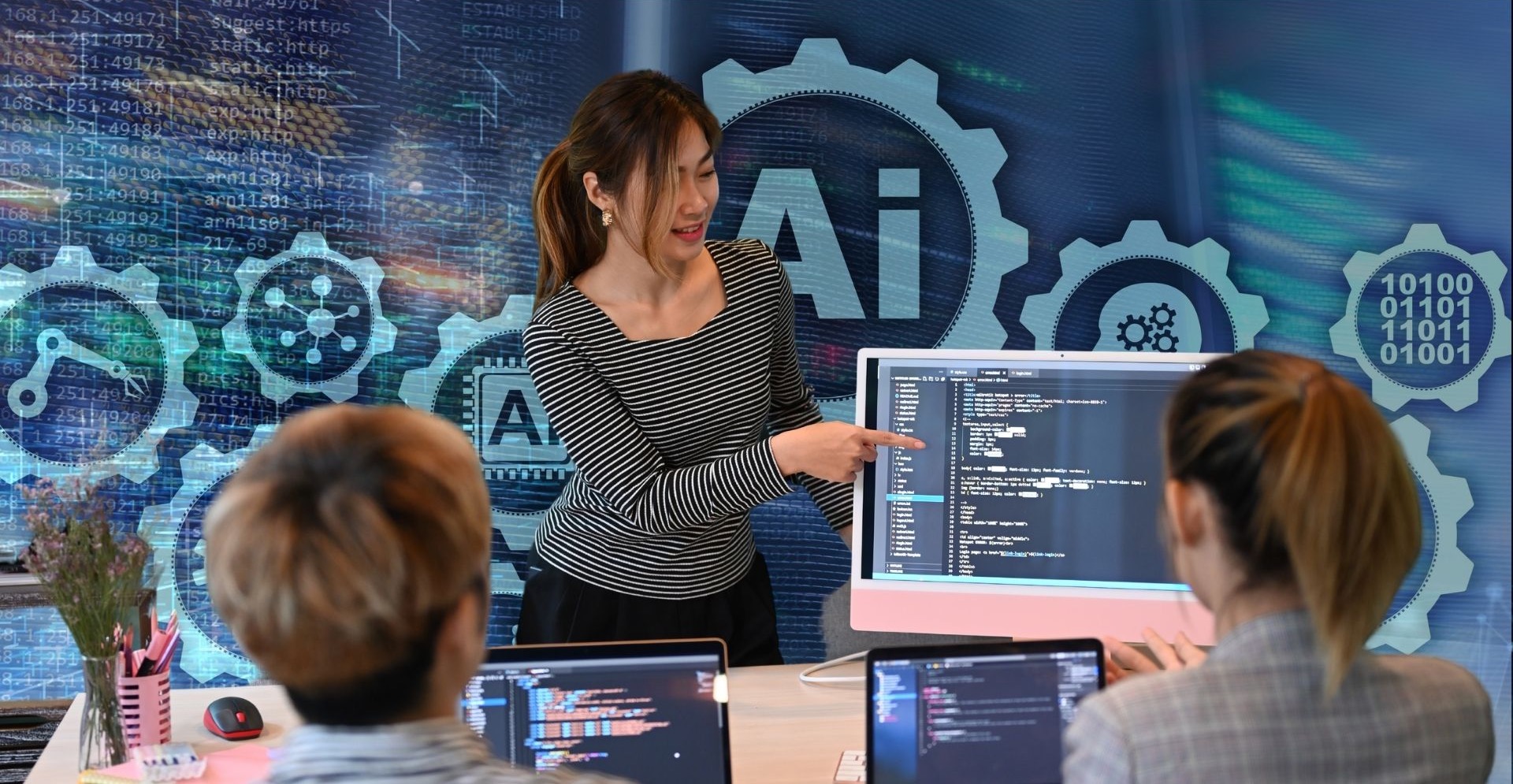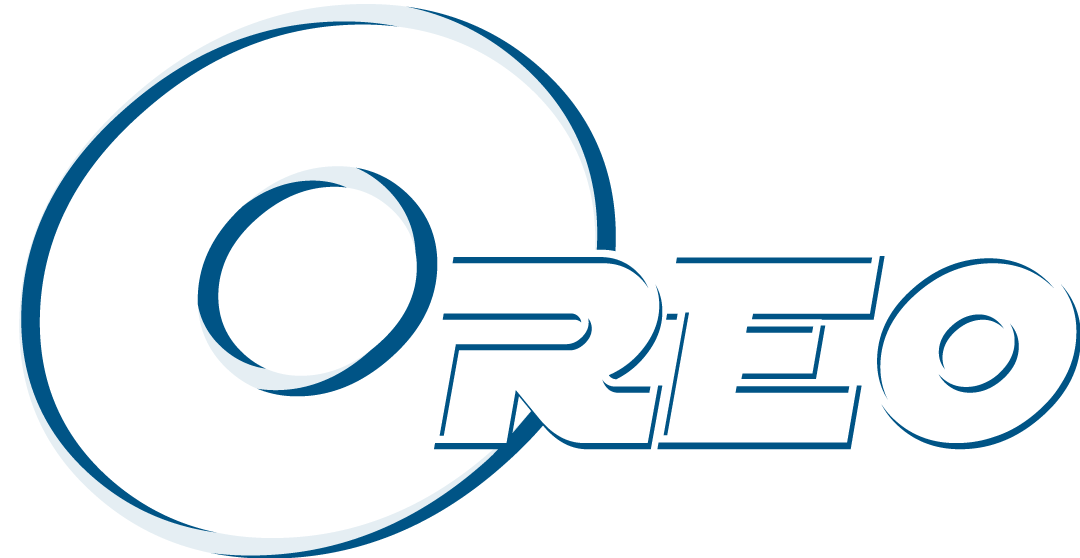
To chatbot or not to chatbot.
The title of the project is "To chatbot in higher education or not to chatbot?" and in fact the question is not whether or not to use this technology and whether or not to protect our education systems from it, since like any powerful tool it will be used, in one way or another, legally or illegally.
Therefore, it’s crucial for HE students to have a strong understanding of digital literacy. This includes being able to critically evaluate the information generated by the tool, understanding how AI models work and their limitations, and recognizing potential biases in the data. It also involves being aware of ethical considerations, such as protecting privacy and avoiding the spread of misinformation. One of the primary concerns in the use of ChatGPT in HE is the potential for abuse by students. ChatGPT has the potential to generate answers to assignments and assessments, which could lead to students cheating. To mitigate this risk, it is important for teachers to educate themselves and their students about the limitations and potential biases of ChatGPT, and to monitor the use of the tool in the classroom. In addition to preventing abuse, it is also important to ensure that teachers are aware of the capabilities of ChatGPT and how to recognize when students may be using the tool inappropriately. Teachers should be trained to identify signs of plagiarism, such as an unusual increase in the quality or sophistication of writing, and to understand how ChatGPT works and its limitations.
The purpose of the OREO project is to support HE, which is the community at large involved in digital literacy and digital education, to be able to help shape this tool into something that can really improve education and significantly reduce its risks.
The partnership is highly relevant to the Higher Education sector and very strong, combining the research, educational and technological expertise of three universities, two non-profit Foundations—one with expertise in technology and one with expertise in networking—the Advisory Board—with high-profile members from around the world—and collaboration with government agencies such as the Hellenic Ministry of Education and Religious Affairs and the Ministry of the Interior to meet the objectives of the project.
Main objectives
-
O1 support students, researchers, faculty and staff to understand the potential that the applications of AI and data use can have in education and to raise awareness of the possible risks;
-
O2 foster innovation and experimentation in the field, exploring new applications of AI, testing new approaches, and sharing findings and best practices with other institutions;
-
O3 create an online learning community in which students, faculty, staff and external stakeholders will engage with the cultural changes needed in the way people produce and communicate information;
-
O4 build a cohort of partners and confidants that lasts beyond the project to follow the development in the field of the educational uses of Artificial Intelligence.
The achievement of the project objectives is achieved through the results to be developed, which are described in detail per work package, the most important of which are listed below:
- WP1 Design and Implementation
- WP2 OREO Curriculum
- WP3 OREO Community Learning Hub
- WP4 Dissemination and Outreach Activities

